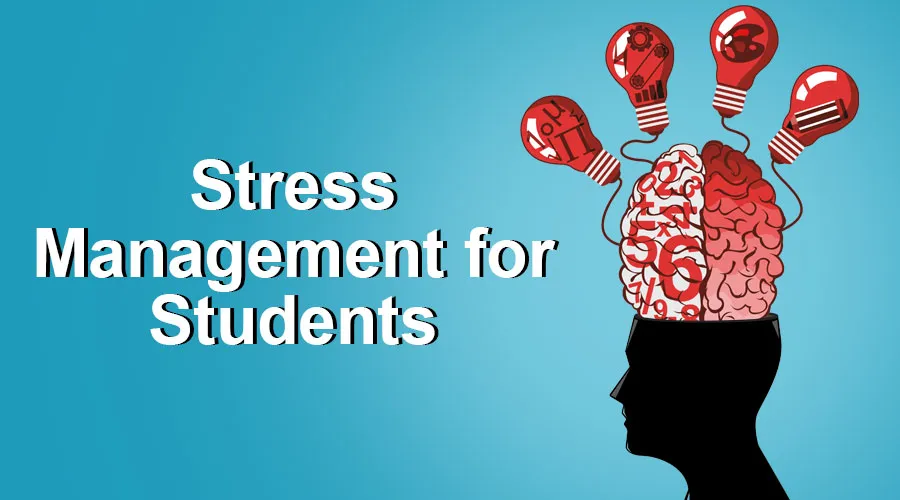
Managing stress and enhancing wellbeing as a student
“Not only are bloggers suckers for the remarkable, so are the people who read blogs.” - Seth Godin
Introduction:
In today's fast-paced educational environment, students are often under immense pressure to perform academically, engage in extracurricular activities, and maintain a social life.
This can lead to significant stress, which, if not managed properly, can affect both mental and physical health. However, with the right strategies, students can manage stress effectively and enhance their overall wellbeing.

With that said, here are 4 reasons 👊
1. Understanding Stress and Its Impact
Stress is the body’s natural response to challenges or demands. While a moderate amount of stress can motivate students to perform well, excessive stress can lead to anxiety, depression, and other health issues. Understanding the signs of stress—such as difficulty sleeping, irritability, and trouble concentrating—is the first step towards managing it.
2. Effective Stress Management Techniques
Time Management: Prioritizing tasks and creating a realistic schedule can help students manage their workload efficiently. Tools like planners, calendars, and to-do lists can be incredibly helpful.
Physical Activity: Regular exercise is proven to reduce stress and improve mood. Activities such as walking, yoga, or playing sports can be beneficial.
Healthy Eating: A balanced diet can impact mood and energy levels. Students should aim to eat a variety of nutritious foods and stay hydrated.
Mindfulness and Relaxation Techniques: Practices such as meditation, deep breathing exercises, and progressive muscle relaxation can help reduce stress.
Adequate Sleep: Getting enough sleep is crucial for cognitive function and emotional regulation. Students should aim for 7-9 hours of sleep per night.
3. Building a Support System
Having a strong support system can make a significant difference in managing stress. This includes maintaining healthy relationships with family and friends, as well as seeking help from counselors or support groups when needed. Many schools offer resources such as counseling services, peer support groups, and stress management workshops.
4. Balancing Academics and Personal Life
Finding a balance between academic responsibilities and personal life is key to reducing stress. Engaging in hobbies, spending time with loved ones, and taking regular breaks can help maintain this balance. It’s important for students to recognize their limits and not overcommit to activities.
For more in-depth advice and resources on managing stress and enhancing wellbeing, check out these helpful websites:
Conclusion with Questions
Managing stress and enhancing wellbeing as a student is an ongoing process that requires attention and practice. By implementing the strategies discussed, students can improve their mental health and overall quality of life.
Are you feeling overwhelmed by school responsibilities? What steps can you take today to start managing your stress better? How can you incorporate some of these techniques into your daily routine? Reflecting on these questions can help you develop a personalized approach to managing stress and enhancing your wellbeing.